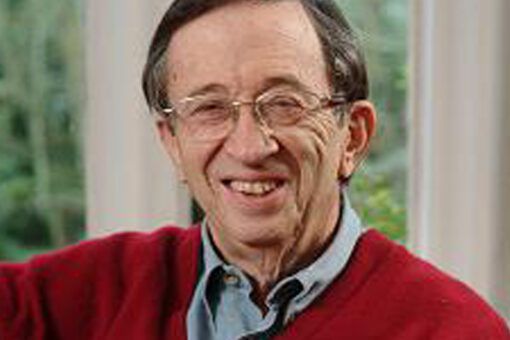Remembering Lord Joffe: 12 May 1932 – 18 June 2017

Few people will be able to fit so much into a life as Joel did. Representing Nelson Mandela in court, founding a FTSE 100 insurance company, chairing Oxfam and leading the campaign for assisted dying – Joel managed to make the most of his time on this planet. His death was a great loss, but his legacy will live on for some time.
Joel left his native South Africa after representing Nelson Mandela and other anti-apartheid campaigners at the Rivonia trial in 1964. In the UK, he was known for being one of the co-founders of the insurance firm that later became Allied Dunbar. He supported the international development charity Oxfam for many years and chaired the organisation for six years.
He became a member of the House of Lords in 2000. Amongst his many other causes, Joel became renowned for his passionate and dedicated campaigning to legalise assisted dying. While his attempts to change the law did not succeed, Joel’s continued support behind the scenes played a big part in managing to ensure that Lord Falconer’s Assisted Dying Bill received the support of the House of Lords in 2014 and 2015.
Before becoming chief executive of Dignity in Dying, I had heard Joel’s Desert Island Discs and was hugely impressed not only by the breadth of his achievements but also by his humanity. It was the latter that was the key to his involvement in the assisted dying debate. Joel felt sure that we have enough humanity to provide the choice of assisted dying, at the same time as protecting the vulnerable. He showed this humanity through his support for Dignity in Dying’s staff and for me; as well as for the values of a campaign that has at its heart compassion.
While his career as a lawyer was far behind him by this stage, his advocacy for assisted dying laws was certainly that of an attorney. His sharp wit, his astute analysis and his fiercely intelligent arguments convinced many of the finest minds in the Lords and gave encouragement to those of us on his side.
Joel’s keen eye for evidence was a particular boon for our campaign. He was enormously frustrated at the use of reckless allegations and spurious arguments that assisted dying laws would not work. He fearlessly took up those arguments with opponents of assisted dying.
More than anything, he held the highest respect and compassion for people who campaigned for assisted dying, particularly those who had been directly affected by the suffering of their loved ones. He spoke movingly about the unnecessary suffering that was being imposed on dying people by a law that was broken:
As a caring society, we cannot sit back and complacently accept that terminally ill patients who are suffering unbearably should simply continue to suffer for the good of society as a whole.
When I visited Joel a few days before he died, I saw the same humour, intelligence, passion and integrity that we had all come to know so well. While his health was deteriorating, I saw no dimming of that brightness that we all benefited from so much. He’ll be very sorely missed by all of us at Dignity in Dying, by his friends and family, and by the uncountable beneficiaries of his lifetime of good causes.